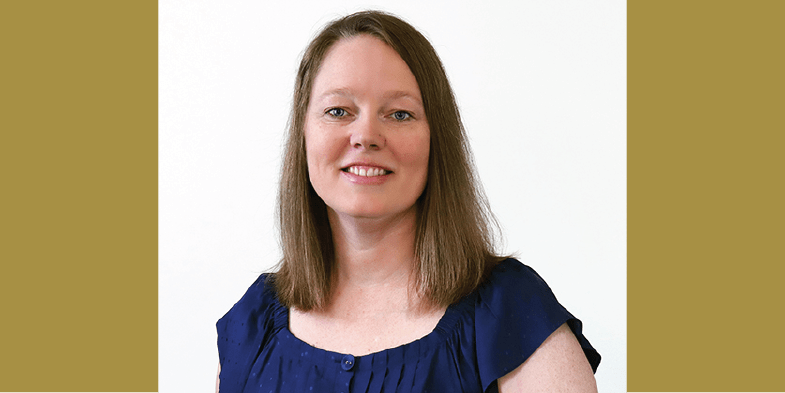Adriane, tell us how you contribute to serving GoodLife’s population?
I began my journey with GoodLife in a direct care role when my husband and I accepted a Family Teaching Model position. For three years, we lived on one side of a duplex and 3-4 individuals with intellectual and developmental disabilities (I/DD) lived on the other side. I then moved on to be Mike Strouse’s assistant, where I learned the breadth of the company from his invaluable point of view. It was in this role that we realized with my HR and direct care background, a career within GoodLife’s HR department was the best fit. I currently serve as the Director of HR, but that will soon be changing. In typical GoodLife fashion, we have identified a need and are working hard to exceed those needs. My new role will focus on addressing workforce instability, improving care, and lowering costs through labor strategies first at GoodLife, and then with agencies across the country. My new title is yet to come–so stay tuned!
How has serving as a Family Teaching Model shaped your family?Serving as a Family Teacher was such an incredible experience for two of my kids! Both my son and daughter developed a sweet sensitivity to individuals with I/DD, and it was special to watch them interact together as if they were true siblings–at times, they would even bicker like siblings! I have watched my kids carry an awareness for those with I/DD into school with them, and they are more compassionate and inclusive with classmates that have special needs. This unique model also creates normalcy and stability for the resident, something GoodLife strives for in everything we do.
How is GoodLife’s approach to employee scheduling unique?
We rely on funding for everything we do, and that can be hard to come by. We started thinking about how we can remain sustainable while we create a meaningful difference in the lives of those with I/DD. One key component is reducing employee turnover– we want to create a stable work environment for employees that lowers burnout and increases their paycheck. We are thinking beyond standard scheduling to offer unique shift options, like:
- Front-half/back-half (Sunday-Tuesday / Thursday-Saturday)
- Professional Roommate model: 36- or 48-hour shift
- Family Teaching Model: Around the clock support
- Weekend premium pay: Incentive program
When employees work just three days a week, their capacity increases and their burnout decreases. Offering unconventional scheduling options allows us to hire fewer people per shift and reduces overtime. It also helps to expand our talent pool for recruitment–diverse hires are attracted to the choices we can give them.
What are you looking forward to in 2020?
We’ve started working with other agencies to show them how our labor strategies can affect their financial bottom line as well as offer them positive outcomes for their DPSs and residents. I’m excited in my new role to really be able to focus on refining our strategies and streamlining our processes to benefit everyone we serve. In the end, our goal is improved care for individuals with I/DD, and I really believe our labor strategies are helping to do that. That’s exciting for me.
What’s the best part of your job?
Happy employees deliver better care, it’s that simple. Through our labor strategies and unique scheduling, I’ve seen the quality of care improve for residents with I/DD. Most individuals with disabilities are unable to speak up or advocate for themselves. It’s really special to know that GoodLife provides a place for them to feel empowered, connected, purposeful and well-cared for.
Learn more about GoodLife’s staff here.


